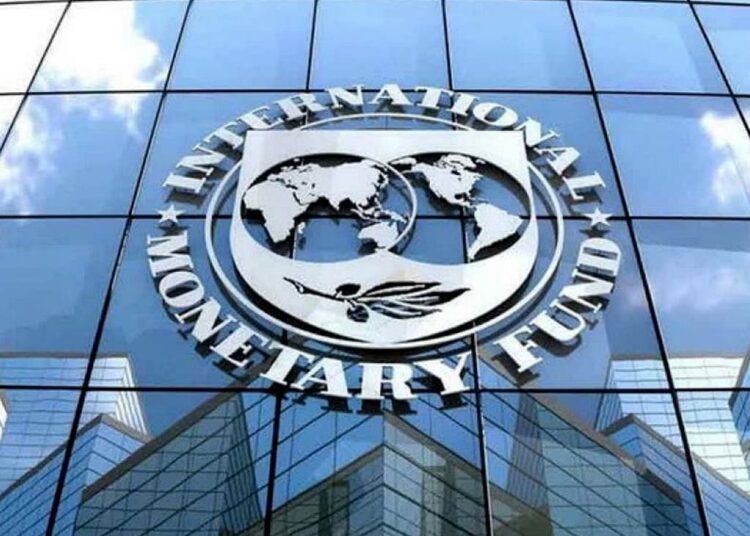The International Monetary Fund has called on the government to empower the office of the Auditor General as part of efforts to curb corruption in the country and make public office holders more accountable.
Government officials in the country have in recent times been accused of corruption which according to the IMF is a contributor to fragility of the system. Speaking at the Analytical Corner on “Fragile States and Corruption—Towards an Enhanced IFI Engagement”, Sebastiaan Pompe of the IMF Legal Department, noted that while Nigeria is not a fragile state, the country remains on the borderline of fragility.
Pompe who defined a fragile state as one that has a weak policy and institutional assessments, the presence of United Nations peacekeeping missions, and conflict related deaths, noted that that while Nigeria continues to face challenges, it had emerged out of fragility.
“Corruption is central to fragility. Nigeria is not a fragile state, it had been a fragile state, then it popped out. But there is a broader idea of fragility which is not so narrowly technical but which is the condition of countries.
“And that is where Nigeria sometimes was qualified as a fragile state technically, but then it emerged out of fragility but it continues to face institutional challenges or challenges on corruption for example, that make it still sit within that broader group of fragility.
“Nigeria is a strong state. Nigeria institutions have depths, they have experience, the question is how do you mobilise, develop it and strengthen it further. I found on my first visits to Nigeria that institutions such as for example, the Auditor General of Nigeria, while it have challenges, it also has an important contribution to budget transparency and accountability.
“To give one example, while by law required, the Auditor General of Nigeria actually audits all public agencies, which many other countries do not do. It may audit some public agencies directly or vicariously through agents but all agencies are audited. To further enhance the Auditor General’s Office of the Federal Auditor General would be a major, step forward towards more accountable public finances and strengthening the anti-corruption regime for sure
“The IMF has programs with Nigeria and you will often find that as of 2018, some of the elements of those programs will include governance measures or measures that, for example, relate to the judiciary or to the anti-corruption framework, or transparency measures in the fiscal domain. Transparency is a form of combating corruption.
“I have to say, I’ve visited Nigeria, myself and Nigeria, obviously is a country which has had major challenges. At the same time, Nigeria is remarkable in the resilience of some of its institutions. So, both state institutions, but also civil society institutions.
“You have phenomenal civil society institutions, one outfit that comes to mind is BudgIT, which has an enormous gives an enormous contribution to accountable public financial management, and is a really important player even though a private sector institution in the Nigerian universe.





